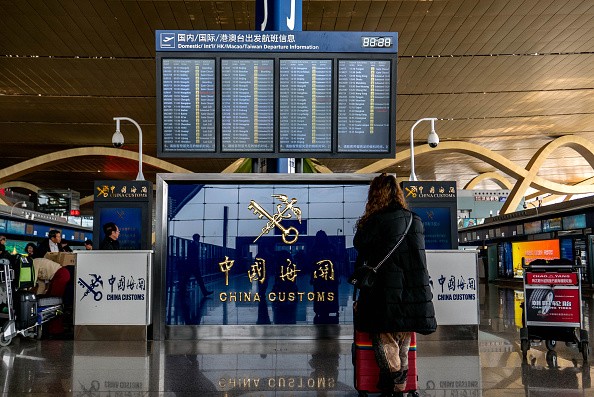China’s top tourist destination, the local government of Yunnan Province is rolling out a string or regulations and kickbacks to lessen and punish tourism scams in the region, the Xinhua News Agency reported.
Yunnan Province receives a combined total of more than 430 million tourists from within China and outside the country. This represents approximately 10 percent of the total number of tourists China receives every year.
Aside from its beautiful scenery, world heritage sites, and rich culture, Yunnan Province has established a variety of resources to accommodate the large number of tourists the region receives.
The province, however, is not immune from tourist scams and less-than-welcoming behavior from some locals, with public criticism brewing due to recent incidents. Most of the complaints filed by tourists in February had to do with forced shopping excursions and cheap tours.
“The new regulation was made to separate tours from shopping, and we aim to restore tourism market order within a year,” Yu Fan, director of the provincial tourism development commission, told the press at a conference on Monday, March 27.
Tourist destinations that sell overpriced goods are some of the establishments that will be affected by the new regulations. Starting April 15, supermarket-style shops will be the norm, offering good-quality goods at proper prices under the supervision of authorities.
Tourist guides as well as bus and taxi drivers who benefit from kickbacks or commissions will also be targeted.
“The new regulation removes the source of profit for tour operators,” said Mou Xuemei, director of the tourist guide association in Lijiang, where there are approximately 2,000 tourist guides.
“It means guide can no longer receive commissions, and their earnings will solely depend on whether their clients are happy,” Mou added.
Yunnan Province’s new regulations might be rolled out to the rest of the country is results are positive.
According to Garry Crockett, global executive chairman of China Ready & Accredited, the new regulations also brings local tourism practices at par with international best standards.






















